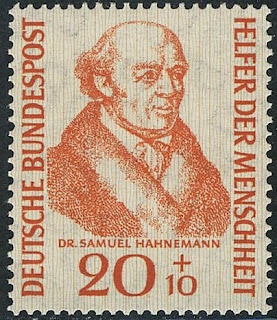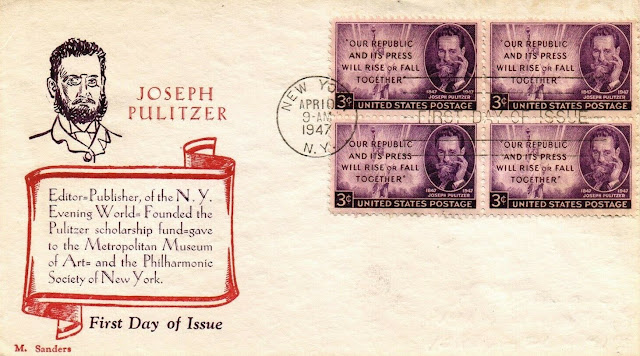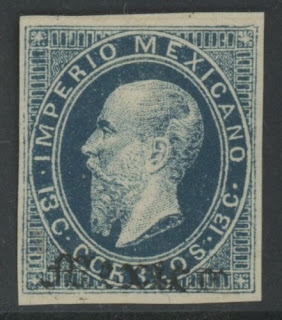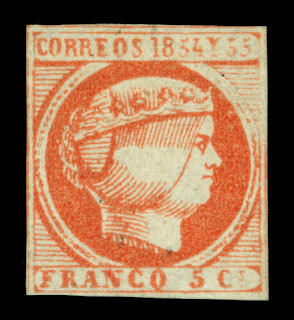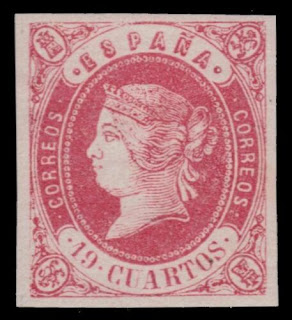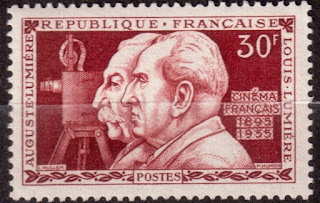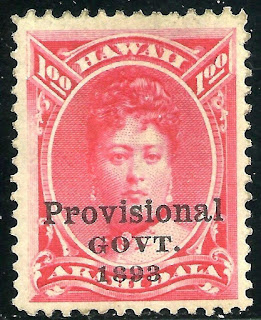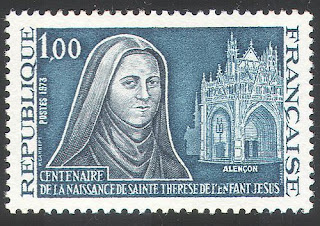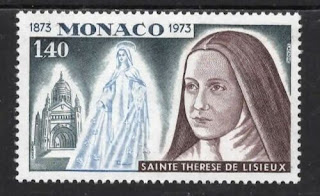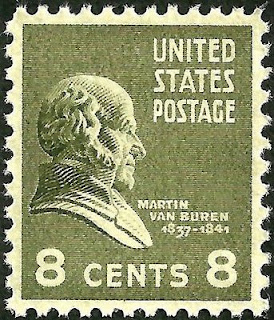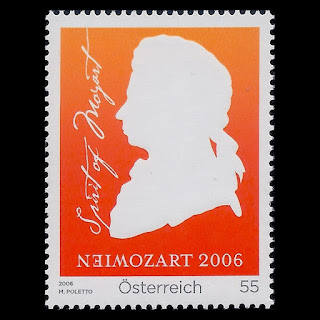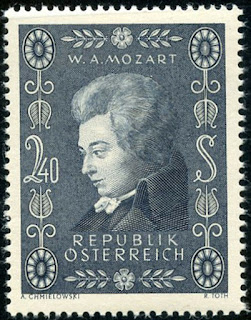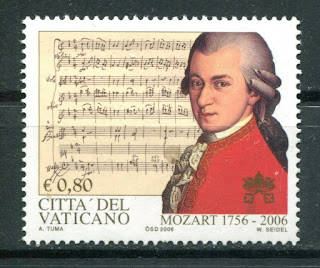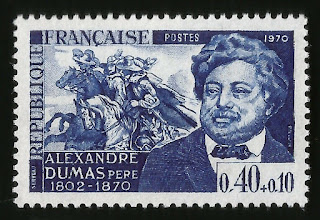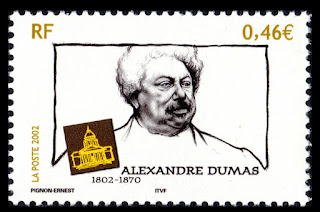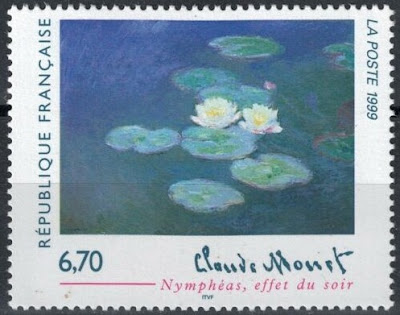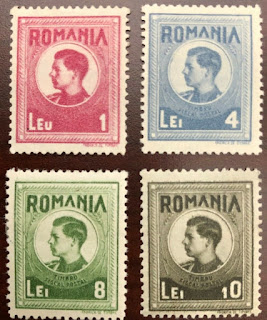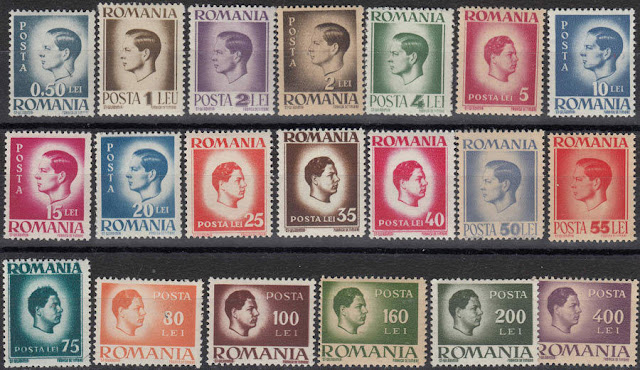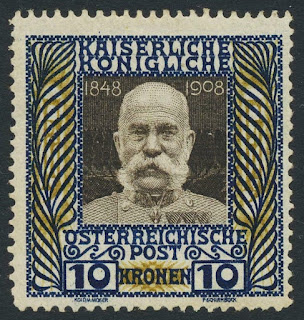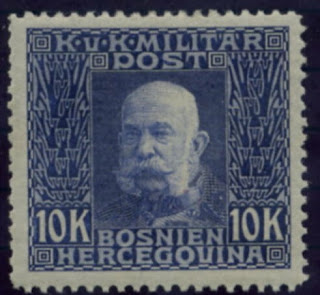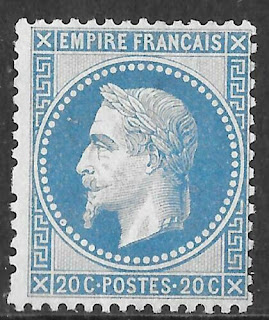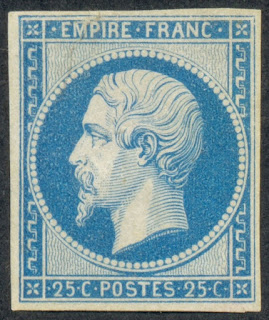1755 Born: Samuel Hahnemann, German-French physician and academic (d. 1843)
Christian Friedrich Samuel Hahnemann (10 April 1755 – 2 July 1843) was a German physician, best known for creating the pseudoscientific system of alternative medicine called homeopathy.
Hahnemann was dissatisfied with the state of medicine in his time, and particularly objected to practices such as bloodletting. He claimed that the medicine he had been taught to practice sometimes did the patient more harm than good:
My sense of duty would not easily allow me to treat the unknown pathological state of my suffering brethren with these unknown medicines. The thought of becoming in this way a murderer or malefactor towards the life of my fellow human beings was most terrible to me, so terrible and disturbing that I wholly gave up my practice in the first years of my married life and occupied myself solely with chemistry and writing.
After giving up his practice around 1784, Hahnemann made his living chiefly as a writer and translator, while resolving also to investigate the causes of medicine's alleged errors. While translating William Cullen's A Treatise on the Materia Medica, Hahnemann encountered the claim that cinchona, the bark of a Peruvian tree, was effective in treating malaria because of its astringency. Hahnemann believed that other astringent substances are not effective against malaria and began to research cinchona's effect on the human body by self-application. Noting that the drug induced malaria-like symptoms in himself, he concluded that it would do so in any healthy individual. This led him to postulate a healing principle: "that which can produce a set of symptoms in a healthy individual, can treat a sick individual who is manifesting a similar set of symptoms." This principle, like cures like, became the basis for an approach to medicine which he gave the name homeopathy. He first used the term homeopathy in his essay Indications of the Homeopathic Employment of Medicines in Ordinary Practice, published in Hufeland's Journal in 1807.
Stamps from Germany, Monaco and Mexico depicting Samuel Hahnemann
Joseph Pulitzer (April 10, 1847 – October 29, 1911) was a newspaper publisher of the St. Louis Post-Dispatch and the New York World. He became a leading national figure in the Democratic Party and was elected congressman from New York. He crusaded against big business and corruption, and helped keep the Statue of Liberty in New York.
In the 1890s the fierce competition between his World and William Randolph Hearst's New York Journal caused both to develop the techniques of yellow journalism, which won over readers with sensationalism, sex, crime and graphic horrors. The wide appeal reached a million copies a day and opened the way to mass-circulation newspapers that depended on advertising revenue (rather than cover price or political party subsidies) and appealed to readers with multiple forms of news, gossip, entertainment and advertising.
Today, his name is best known for the Pulitzer Prizes, which were established in 1917 as a result of his endowment to Columbia University. The prizes are given annually to recognize and reward excellence in American journalism, photography, literature, history, poetry, music and drama. Pulitzer founded the Columbia School of Journalism by his philanthropic bequest; it opened in 1912.
US stamp and First Day Cover issued to commemorate Joseph Pulitzer
1864 – Archduke Maximilian of Habsburg is proclaimed emperor of Mexico during the French intervention in Mexico.
Maximilian I (Spanish: Fernando Maximiliano José María de Habsburgo-Lorena; 6 July 1832 – 19 June 1867) was the only monarch of the Second Mexican Empire. He was a younger brother of the Austrian emperor Franz Joseph I. After a distinguished career in the Austrian Navy as its commander, he accepted an offer by Napoleon III of France to rule Mexico, conditional on a national plebiscite in his favour.
Below are some Mexican stamps depicting Maximilian I
1904 Died: Isabella II, Spanish queen (b. 1830)
Isabella II (Spanish: Isabel; 10 October 1830 – 9 April 1904), also known as La de los Tristes Destinos or the One with the Sad Destinies, was Queen of Spain from 1833 until 1868. She came to the throne as an infant, but her succession was disputed by the Carlists, whose refusal to recognize a female sovereign led to the Carlist Wars. After a troubled reign, she was deposed in the Glorious Revolution of 1868, and formally abdicated in 1870. Her son, Alfonso XII, became king in 1874.
Stamps from Spain and the Spanish Philippines depicting Isabella II
1954 Died: Auguste Lumière, French director and producer (b. 1862)
The Lumière brothers (Auguste Marie Louis Nicolas; 19 October 1862 – 10 April 1954) and Louis Jean (5 October 1864 – 7 June 1948), were among the first filmmakers in history. They patented an improved cinematograph, which in contrast to Thomas Edison's "peepshow" kinetoscope allowed simultaneous viewing by multiple parties.
When their father retired in 1892, the brothers began to create moving pictures. They patented several significant processes leading up to their film camera, most notably film perforations (originally implemented by Emile Reynaud) as a means of advancing the film through the camera and projector. The original cinématographe had been patented by Léon Guillaume Bouly on 12 February 1892. The brothers patented their own version on 13 February 1895. The first footage ever to be recorded using it was recorded on 19 March 1895. This first film shows workers leaving the Lumière factory.
The Lumière brothers saw film as a novelty and had withdrawn from the film business in 1905. They went on to develop the first practical photographic colour process, the Lumière Autochrome.
Louis died on 6 June 1948 and Auguste on 10 April 1954. They are buried in a family tomb in the New Guillotière Cemetery in Lyon.
French stamp depicting Auguste and Louis Lumière


